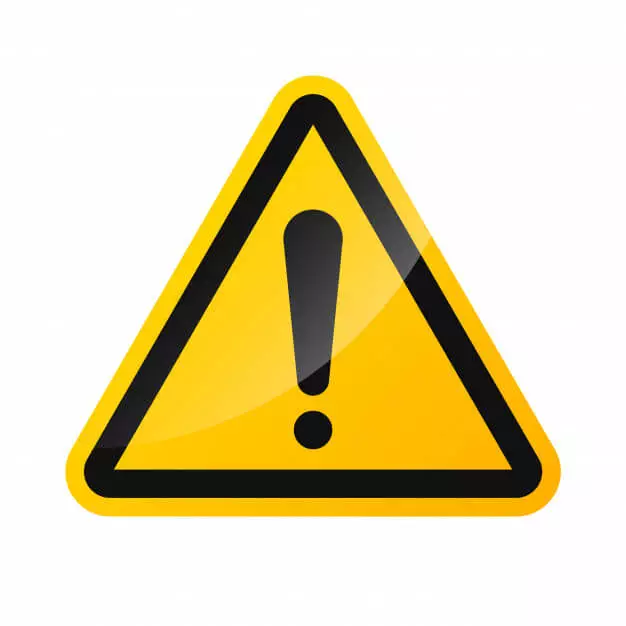If you own a car, motorcycle, trailer, or even a recreational vehicle, you must have a license plate on it. There are times when you may want to perform a vehicle history report by looking up your license plate number or that of another person. It’s actually a pretty easy thing to do.
What is a License Plate Number?
Each state’s Department of Motor Vehicles (DMV) assigns a unique identifier to every vehicle registered. The code assigned is a combination of letters, numbers, and symbols. The plate number is embossed onto a thin metal plate that you affix to either the front, back or both on your vehicle. In many cases, the driver can choose his or her own plate number (if it is available and complies with all rules). These are called personalized plates or vanity plates. Every state has a plate design that is its own, including colors, images, and other features. However, they may also offer custom plate designs for organizations, special license plates for (police, fire, handicapped plates), the military, and even company and tribal plates. When registering your car, you can choose which design to pick and have your plate number on it.
Police use plate numbers to do a license plate search to see if there are any outstanding warrants for the owner, parking tickets, or other issues they should be aware of before approaching.
Your license plate number is tied to your vehicle registration with the state’s Department of Motor Vehicles. Law enforcement is not the only ones with access. Some of your information is also available in public records. The DMV sets registration fees depending on the type of plate you get and sticker.
When you get a new vehicle, you are assigned a temporary plate (usually cardboard or plastic), that comes with an expiration date, and you must register the car or truck to get new plates. This is true of a used car or new.

Why Would You Need to Look Up a License Plate Number?
There are many reasons why you might need to look up a plate number. First, you may be curious about what comes up when you enter your own. You may want to check to be sure you don’t have any outstanding parking or speeding tickets that may affect your ability to renew your license. You can do a license plate check using the vehicle identification number (VIN) or a plate number and in some cases even a driver license.
If you clip another vehicle in a parking lot, you may want to look up the license plate number to contact the owner and make reparations. Or perhaps you have been following a bad driver for miles and are concerned they may be drunk or under the influence of a drug. You can report them by using their plate number also.
What Information Can You See with a License Plate Search?
Federal laws limit the vehicle records that a public citizen can legally access through a plate lookup. However, using a license plate search, you can see a wealth of license plate information about the car and driver. Typically, you can find things like:
- Vehicle make, model, trim level, and year.
- Vehicle manufacturer.
- Safety rating by the NHTSA.
- Warranty information.
- MSRP.
- Engine and braking systems.
- Fuel efficiency.
- Accident history.
- Branded title.
- Maintenance history.
- Mileage.
- The driver’s criminal history.
- Driving infractions (like DUIs and reckless driving).
- If the car has been repossessed.
- Damage due to flood, fire, accident, or hail.
If you qualify by law, you might also see:
- The vehicle owner’s information (name, address, phone, email, etc.).
- Vehicle title information.
- Criminal driving records including DUIs and police reports.
- Driver’s license suspensions.
- Sex offender registration.
- Warrants.
- Mug shots.
- Incarcerations.
Using third-party lookup services, you may see even more information such as:
- Social media information.
- Vital records.
- Property records.
- Marriages/divorces.
- Lawsuits.
- Bankruptcies.
- Arrests.
- Addresses.
- Relatives.
You can actually get a complete profile of someone when performing a plate lookup.
How to Lookup a Plate Number
You can look up a plate number by visiting the town office where the vehicle is registered, contacting the state DMV, or using a third-party service. If you don’t know where the car or truck is registered, it may be challenging to visit the correct town office where the vehicle was registered. You can visit or contact the DMV, but the information they provide may be limited due to privacy laws. Using a third-party service will give you all the information you are looking for, but you may have to pay a nominal fee.
Can Two Cars have the Same License Plate Number in the Same State?
No, two cars within the same state cannot have the same license plate number. The government uses a plate number as a unique identifier so that police and other entities can locate and identify someone from their plate number. Two license plates within the same state can be similar with minor differences (such as a one-character difference) but not identical. However, you may see the same license plate in more than one state.
How You Can do a Free License Plate Lookup
You can perform a free license plate lookup in a few different ways, such as visiting the DMV, visiting a local town office, or going online and using a third-party service.
You can also contact the local or state police if you wish to report a crime you witnessed involving another driver. If you have the full license plate number, you can provide that, and they can look up the owner information.
Many of these options will provide a full report for free, but you may be limited to just vehicle information (nothing about the driver). Some have paid plans where you can access all of the information you need for a small fee.
 The federal Driver Privacy Protection Act (DPPA) and state laws dictate how much information you can get when doing a license plate lookup via plate or VIN number. In some cases, you must work for a private investigator, or the issue must involve vehicle safety or research. Consult your federal and state laws before performing a license plate lookup.
The federal Driver Privacy Protection Act (DPPA) and state laws dictate how much information you can get when doing a license plate lookup via plate or VIN number. In some cases, you must work for a private investigator, or the issue must involve vehicle safety or research. Consult your federal and state laws before performing a license plate lookup.




















